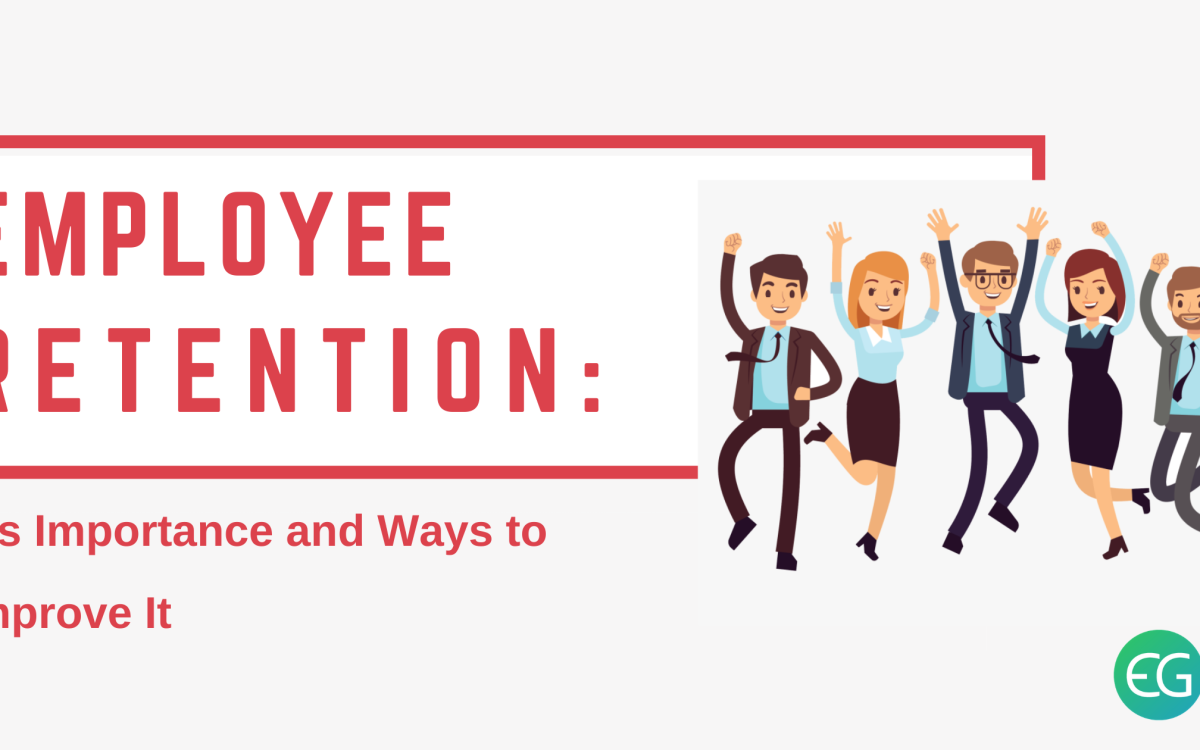Uncover the secrets to boosting employee retention in 2024 with our comprehensive guide. Dive into expert insights and innovative employee retention strategies to create a nurturing and flexible work environment that keeps your talent engaged and committed.
In today’s ever-evolving job market, retaining top talent has emerged as a paramount concern for HR leaders across industries. As we step into 2024, the landscape of employee retention presents new challenges and opportunities. The cost of turnover — encompassing hiring, onboarding, and training expenses — emphasizes the need for businesses to hold onto their skilled workforce. Kelly Tucker, CEO of HR Star, captures the essence of this challenge, pointing out the necessity of retaining employees with up-to-date skills to remain competitive.
However, addressing employee retention is a multifaceted task. From leadership issues and lack of flexibility to inadequate progression opportunities or enticing offers from competitors, various factors can drive employees away. Despite these challenges, there are effective strategies that businesses can employ to enhance employee loyalty and reduce turnover rates.
Delving Into Talent Reviews and Progression Opportunities
The importance of understanding and adapting to the evolving expectations of the workforce cannot be overstated. Amanda Rajkumar, a seasoned HR professional formerly with Adidas, discusses how the latest generation entering the workforce demands higher levels of job satisfaction, work-life balance, and a positive workplace culture. This scenario places a significant onus on employers to not only meet these expectations but also to excel at them to attract and retain talent.
A critical aspect of meeting these expectations lies in conducting thorough talent reviews and creating clear paths for progression. Traditional talent review processes and succession planning are fundamental, yet HR leaders must go a step further by challenging existing perspectives and advocating for diversity and inclusion within leadership roles. Adidas’ initiative to set a clear gender goal for leadership positions exemplifies a proactive approach to talent management, emphasizing the significance of targeted talent reviews and the necessity of action following these reviews.
Engaging in meaningful conversations with employees about their career perceptions and potential for advancement is crucial. It not only helps in identifying talent but also in making employees feel valued and recognized. This approach is echoed by leading financial institutions, known for their adeptness in talent management, making it exceedingly difficult for their top performers to leave.
The Unwavering Importance of Flexibility
Tamsin Jones from Mars Wrigley UK sheds light on the importance of flexibility in the workplace. With an average tenure of 12 years among their employees, Mars’s commitment to creating a supportive and flexible work environment stands as a testament to its success in employee retention. The company’s unique policies, including “paw-ternity” leave and flexible vacation policies, highlight the evolving nature of workplace flexibility, extending beyond mere working hours to encompass career development and support across a diverse workforce.
Flexibility in the workplace is not just about where or when work is done but also how companies can support career growth and personal development within this flexible framework. Mars’s approach to offering opportunities for cross-functional and geographic mobility illustrates the potential of flexibility to enhance employee satisfaction and retention.
Listening to Employees: The Cornerstone of Retention
Creating a culture where employees feel valued and connected is fundamental to retention. Toby Hough, Director of People and Culture at HiBob, emphasizes the importance of establishing a workplace culture that fosters a sense of belonging. By integrating values based on behavior and engaging employees in the process, companies can ensure these values are genuinely felt throughout the organization.
Regular feedback mechanisms, such as surveys, meetings, and one-on-one discussions, play a vital role in understanding employee needs and concerns. This ongoing dialogue allows for timely identification and resolution of issues, contributing significantly to employee satisfaction and loyalty.
Implementing Effective Employee Retention Strategies
Implementing effective retention strategies requires a holistic approach that addresses various aspects of the employee experience. Here are some actionable strategies businesses can adopt:
- Enhance Onboarding Processes: Ensure new hires feel welcomed and well-informed from day one. A robust onboarding process lays the foundation for a positive work experience.
- Transparent Compensation and Benefits: Maintain transparency regarding compensation and benefits. Competitive and fair compensation strategies are crucial for retention.
- Continuous Learning and Development: Offer opportunities for professional growth. Continuous learning initiatives keep employees engaged and motivated.
- Recognition and Rewards: Implement recognition programs to acknowledge and reward employees for their contributions. This fosters a culture of appreciation and motivation.
- Promote Work-Life Balance: Encourage policies that support work-life balance. Flexibility in work arrangements can significantly enhance job satisfaction and loyalty.
- Foster a Positive Workplace Culture: Cultivate an inclusive and supportive workplace culture. A positive work environment encourages collaboration and reduces turnover.
Conclusion: Building a Future-Proof Retention Strategy
As businesses navigate the complexities of the modern workforce, implementing a comprehensive retention strategy becomes indispensable. By focusing on talent reviews, embracing flexibility, and fostering a culture of listening and engagement, companies can significantly improve their retention rates. These strategies not only contribute to a positive employee experience but also enhance organizational competitiveness and success.
For those seeking further insights and strategies on improving employee retention and engagement, websites like mohammedtazi.com, howtodoit.site, and easyrecrute.com offer valuable resources and guidance to help businesses thrive in today’s dynamic workforce landscape.
Employee retention is a critical aspect of organizational success, and by adopting a strategic approach, companies can ensure they not only attract but also retain the talent necessary for long-term success. Engaging employees, valuing their contributions, and providing them with opportunities for growth and development are key to creating a workplace where employees are committed to their future with the company.
We’d Love to Hear From You: Have you implemented any successful employee retention strategies in your organization? Share your experiences and insights with us in the comments below or connect with us on social media. Your stories and strategies can inspire others and contribute to a broader understanding of effective employee retention practices.



